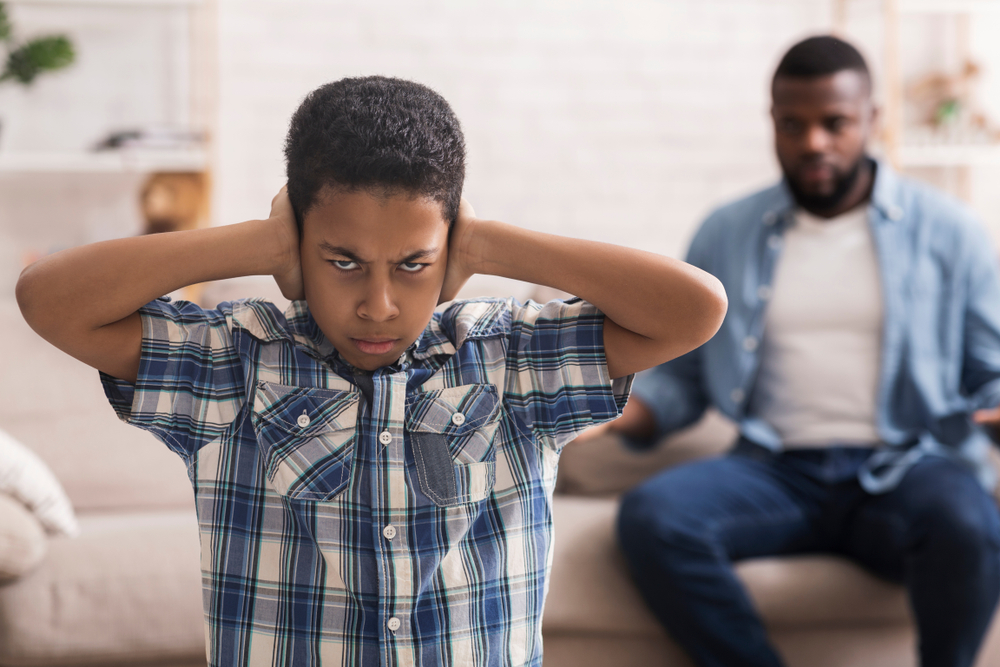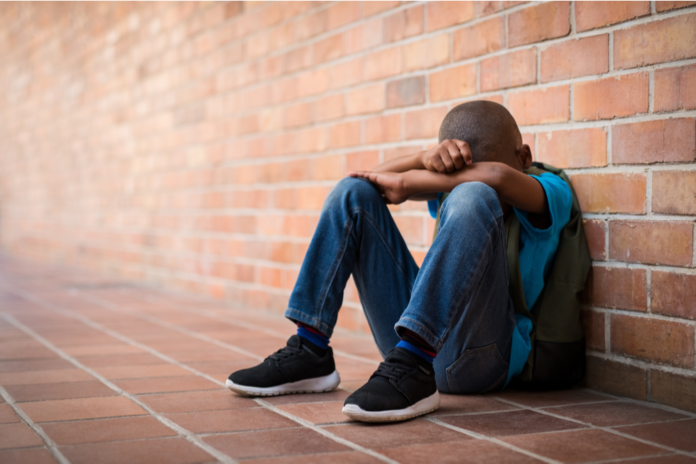Discipline is a touchy topic here in the Caribbean. On the one hand, most people are willing to acknowledge that there is such a thing as going too far. On the other, the lines between what’s considered acceptable or not can be blurred quite a bit, particularly when tradition and methods considered ‘tried and true’ are brought under scrutiny. Indeed, it’s not uncommon for many to see their child as a form of property and as such, they believe that how they choose to discipline said child is entirely left to their discretion. For a majority of people, once no permanent physical harm is done, the methods are within an acceptable range. These are the conundrums we’ll be looking at today as our society grapples with both new and common social ills with each new generation of adults it raises.
The Mental Element
As an example of the prevailing paradigm here in the Caribbean, whenever the issue of child discipline is aired, the discussion is almost exclusively dominated by the nature and methods of physical punishment. Very little, if at all, dialogue is focused on the matter of mental health. Yet, over the years, researchers have noted a marked difference between children subject to frequent physical punishment and those that aren’t with respect to academic performance and productivity. Drawing from numerous psychological and criminological studies, a piece from Marripedia notes that increased physical punishment creates diminishing and counterproductive returns.

In the Caribbean, we can most notably observe this with the documented problem of male underachievement. Caribbean boys are heavily geared towards a ‘rough and tough’ brand of discipline. They are expected to withhold emotions, seeing their expression as weakness, take up responsibility despite this and deal with any obstacles that present themselves. This leads unless special focus is given by the parents, to a psyche where academic dedication is seen as being ‘soft’ as well. This has created a skewed paradigm wherein girls vastly outperform boys over time with the resultant quality of work available and social challenges resulting from this being in decline for young adult males.
Implications For Crime
More concerning however, are the long-term repercussions of discipline based on physical punishment. Case studies from UNICEF noted that while physical punishment does in fact let a child know an activity is wrong, it may introduce a dysfunctional power dynamic to the child’s outlook. The punishment becomes associated with getting caught rather than committing the act as the intricacies of its morality are not given focus. Some even see physical force as an acceptable means to an end. Thus, many children subconsciously act based on perceived power. Put simply, if you can get away with it, then it isn’t wrong. This may have disturbing consequences for juvenile crime and even domestic abuse as well as sexual violence later in life. Indeed, many psychological studies can agree that sexual assault is not so much about the act itself but rather about solidifying power and ‘dominance’.
Stabilizing The Home
Of importance to note is that no individual parent, be they the mother or father, has a monopoly on poor discipline and abusive practices. Indeed, an abusive home can manifest from either one or even both parents. Yet, at the same time, it has been observed that single-parent homes produce more academic underperformers and juvenile crime perpetrators. With all the above in mind, it would seem that the Caribbean’s key to addressing issues of crime and social dysfunction as it realties to child discipline begins at home. While we debate for example, the nature of discipline in schools or if corporal punishment truly is needed, we oftentimes forget or intentionally avoid discussion of the sheer magnitude of a child’s experiences at home on their psychological development.

What would be ideal is an awareness campaign wherein the imperative nature of strong mother and father figures in a child’s life is brought into focus. Furthermore, social services for children should be revamped so as to be more proactive rather than reactive. Currently, they operate in the latter capacity wherein action is only taken once-massive damage is done and newsworthy levels of abuse have come to light. Indeed, a great many future crimes can be prevented by simply channeling resources to the psychological well-being and development of future generations. Discipline should be a learning process rather than a punitive one. The most successful models of discipline involve actively teaching responsibility and the values as well as repercussions behind one’s actions rather than meting out punishment reactively.
Finding A Healthy Model Of Discipline
The American Academy Of Pediatrics actually has a very thorough and simple breakdown of healthy disciplinary practices as well as findings on discipline. Of interest is the statistical likelihood of using physical punishment as a ‘cheap cop out’ or easiest option, particularly when a parent is busy, pressed for time or frustrated which, in itself, creates a regressive cycle wherein other, more effective forms of discipline are shirked. Indeed, it notes that discipline is an ongoing process of learning between the parent and child.
It notes that, rather than treating a child as a simpleton, positive behavior should be rewarded while value inculcation should be pursued via explaining how and why certain actions are bad and the negative impacts they have on oneself and others. As previously raised, the temptation to take the ‘easy road’ of discipline must be put aside in favour of consistency, setting examples and contributing to the ‘developmental’ process of discipline.
Put simply, child discipline and its potential to shape future outcomes in the next generation are grossly ignored and poorly discussed topics here in the Caribbean. There is no doubt that it factors into negative behaviours be it everyday crime or cycles of abuse against partners and other children. Going forward it would be best for states to pay more attention to this, be it in the form of revamping social services or funding ways to better prepare, assist and guide newly expecting parents.



















